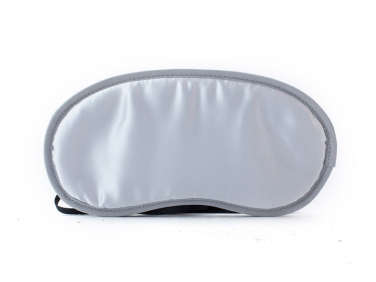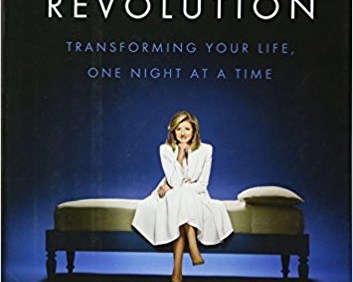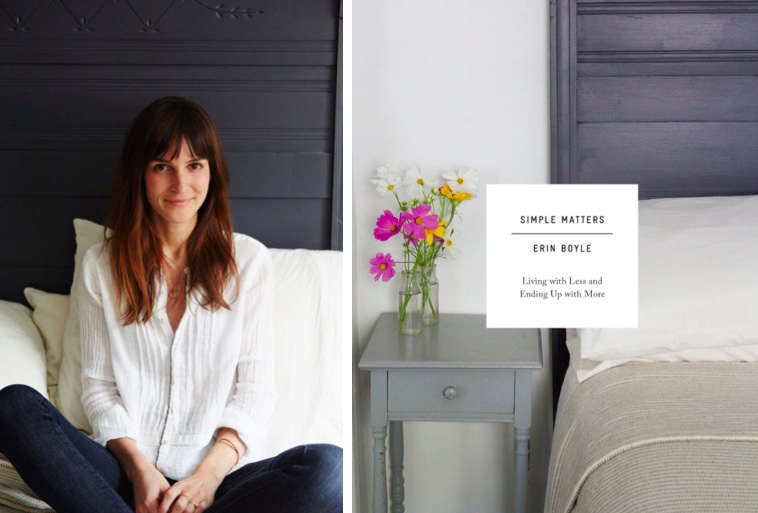Evidently, you can sleep your way to the top. At least that’s what Arianna Huffington says—”sleep,” to be clear, meaning a good old-fashioned night’s rest. In her latest book, The Sleep Revolution: Transforming Your Life, One Night at a Time, the Huffington Post founder, author, and businesswoman advocates a return to prioritizing sleep over being constantly available and plugged-in. It’s a philosophy Huffington puts into place in business (her company, Thrive Global, is dedicated to wellness in the workplace) and in life (she had a nap room designed in the SoHo headquarters featuring mattresses from Greek company Coco-Mat and scents such as eucalyptus and lavender—an idea we can get behind).
So how does a high-powered entrepreneur rest up at home? Turns out, Huffington has a few unbreakable rules: No pets on the bed, no working in bed (sex and sleep only), and no electronic devices 30 minutes before bedtime. “I love the idea of rekindling the romance with sleep,” she told Fast Company. We asked Huffington how she’s set up her bedroom for the ideal night’s sleep—and how we can do the same. Here are her tips.

Remodelista: How have you set up your own bedroom for a good night’s sleep?
Arianna Huffington: My bedroom is dark, and I keep it cool. But more important is what’s not there—a charger for my phone. Our phones are repositories of everything we need to put away to allow us to sleep—our to-do lists, our inboxes, the demands of the world. So putting my phone to bed outside my bedroom as a regular part of my bedtime ritual makes me much more likely to wake up as fully charged as my phone.
RM: So where do you store your phone at bedtime?
AH: In the next room! And if I’m traveling, it will go as far away from my bed as possible, which often means the bathroom.

RM: So do you use an old-school alarm clock instead?
AH: I have an analog alarm clock. I highly recommend them, since the alarm function is the reason a lot of people keep their phone by their bed.
RM: What’s allowed into your bedroom and what’s kept out?
AH: No laptops, no iPads, no screens. I do love having newspapers all over the place, magazines and books too!

RM: What else is on your nightstand?
AH: A pile of books, often some flowers, a candle, a note pad, water, and always photos of my daughters.
RM: Is there a way of arranging the furniture in your bedroom that you’ve found to be helpful for sleep?
AH: It was just about what felt comfortable, which is the most important thing. Anxiety is such a sleep killer, so if something doesn’t feel good in your bedroom, change it.

RM: What about bedding: Do you prefer linen or cotton sheets? A blanket or a down comforter?
AH: Now that I live in New York City—instead of Los Angeles—I have seasons again. So it changes. Fluffy down comforters and blankets in the winter, which changes to lighter blankets and quilts in the summer. And cotton sheets and down pillows—lots of them.
RM: What’s your position on TV versus no TV in the bedroom?
AH: I have a TV, but it’s never on when I’m getting ready to go to sleep.

RM: What is a small habit shift that’s made all the difference at bedtime?
AH: I don’t sleep in my workout clothes as I used to—think of the mixed message that sends to our brains—but instead now wear pajamas or nightgowns or even T-shirts dedicated only to sleep.

RM: What about when you’re traveling. What can you pack to ensure a good night’s sleep?
AH: For long plane trips, I pack comfortable sweatpants, noise-cancelling headphones, some downloads of my favorite guided meditations, and a fabulous eye mask. Those are all handy for the hotel, as well.
More on designing the bedroom for optimal sleep:
- Happier at Home: 7 Tips for Getting a Good Night’s Sleep in Summer
- 10 Secrets for a Better Night’s Sleep
- 5 Tips for a Better Night’s Sleep from a Feng Shui Master







Have a Question or Comment About This Post?
Join the conversation (0)